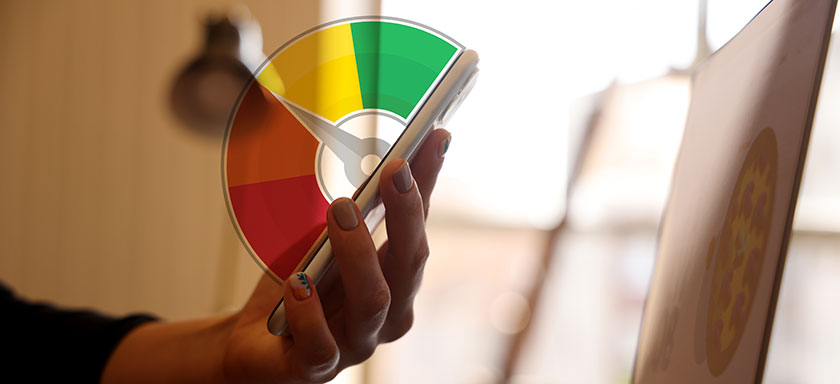
The Impact of Debt Consolidation on Your Credit Score
Understanding how a debt consolidation loan affects your credit score is an important part of your financial journey. When done right, debt consolidation can potentially lead to significant improvements in your credit score over the long term. Conversely, if you continue to struggle with debt repayments, it could further damage your score. In this article, we'll delve deeper into this topic, shedding light on how debt consolidation can influence your credit score, both in the short term and in the long term.
What is a Debt Consolidation Loan?
A debt consolidation loan is a financial strategy that involves taking out a new loan to pay off multiple existing debts, such as credit cards, personal loans, or payday loans. This is done to simplify the debt repayment process, lower interest rates, and potentially save money in the long run.
Immediate Impact on Your Credit Score
Initially, applying for a debt consolidation loan can lead to a small dip in your credit score. This is because each time you apply for credit, the lender performs a "hard inquiry" on your credit report to determine your creditworthiness. A hard inquiry can reduce your credit score by a few points, but this effect is usually temporary, and your score will generally recover within a few months if all other factors remain constant.
Moreover, the impact of a new credit account on your credit age (a factor that considers the length of your credit history) could also contribute to a slight decrease in your credit score. A younger credit age is associated with higher risk, thus can negatively affect your score. But remember, your payment history and amounts owed have a higher impact on your credit score than credit age.
Long-Term Effects on Your Credit Score
Despite the initial impact, debt consolidation can actually improve your credit score over time. Here's how:
-
Payment History: Your payment history is the most critical component of your credit score. By consolidating your debts, you're simplifying your payment process. One loan and one monthly payment make it easier to manage your debt and avoid missed payments, which can positively impact your payment history.
-
Credit Utilization Ratio: This ratio is the amount of credit you've used compared to your credit limit. High utilization can negatively impact your credit score. When you use a debt consolidation loan to pay off your credit card debt, you'll reduce your credit card balances, thereby lowering your credit utilization ratio and potentially improving your credit score.
-
Diversified Credit Mix: Lenders like to see a mix of different types of credit on your report, including revolving credit (like credit cards) and installment loans (like a debt consolidation loan). So, if you only have credit card debt, adding an installment loan could improve your credit mix and potentially boost your score.
An Important Reminder: The Alternative
It's essential to keep in mind the alternative – remaining in substantial debt. Continuing to struggle with high-interest debt repayments, potentially missing payments or continuously maxing out credit cards, will have a far more damaging impact on your credit score than the temporary dip caused by applying for a debt consolidation loan.
In conclusion, while debt consolidation can cause an initial small decrease in your credit score, it can significantly improve your score over time when handled responsibly. However, like all financial strategies, it's essential to understand your unique financial circumstances and consult with a financial advisor or a trusted lender to determine if debt consolidation is the right move for you. After all, maintaining a healthy credit score is a journey, not a one-time event, and every step you take towards paying off your debt is a step in the right direction.